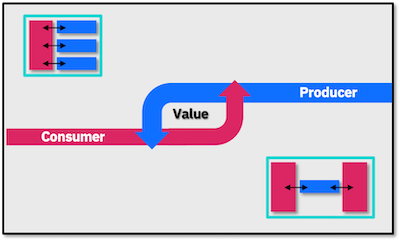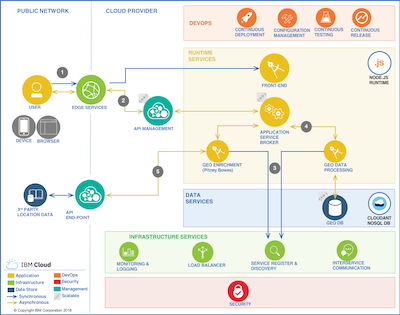You cannot have missed the latest hype around cryptocurrencies and in particular Bitcoin – is it a store of value, is it a currency? … Debatable. What is not debatable, is the technology under the hood and how you and I can benefit from it.
Distributed Ledger Technologies (DLTs) increasingly show their value in different industry scenarios. The Blockchain technology, for example, is the basis for one of the major cryptocurrencies at the moment - Bitcoin. It already has a well established, disruptive role in the payment industry. But now, it is also making its entrance in the Investment Management industry. Last week (Dec 10) the futures market for Bitcoin (#XBT) was started at Chicago Board Options Exchange [cfe.cboe.com/cfe-products/xbt-cboe-bitcoin-futures] in a historic first. With a bigger, second wave coming already on Dec 18 at the CME [www.cnbc.com/2017/12/01/cme-says-its-launching-bitcoin-futures-on-dec-18.html].
The transaction cost - Should you "Blockchain"?
But what if you don’t want a huge transaction confirmation backlog for your payments as Bitcoin has [100K at the time of writing: blockchain.info/unconfirmed-transactions] ... or any transaction fees? Should you Blockchain?
Maybe you don't have to. Take IOTA for example, another cryptocurrency. It has taken a “non-blockchain” approach. Based on a DAG (Directed Acyclic Graph), as opposed to a Blockchain, it uses a different ledger verification technology to targets a different industry niche in payments - micro-payments in the Internet of Things industry.
Business network trust - Should you "Not Blockchain"?
But what if you don't want a public ledger? What do you do if you want to be able to trust the parties you exchange transactions with such as government, local authorities, healthcare institutions or your enterprise suppliers. Should you Blockchain or should you not Blockchain?
Enter Blockchain with a twist - Hyperledger and the Hyperledger Fabric. A private and permissioned ledger based on Blockchain, where the participants on the Fabric network are identified and authenticated beforehand. The Business Network for the enterprise providing:
- supply chain transparency
- enterprise-grade confidentiality
- transparency
The Hyperledger Fabric enables the use of Smart Contracts defined and agreed by the parties you trust, for authorized access to the shared ledger.
At the same time, it also gets rid of the need for miners as consensus is not achieved through mining ("Proof of Work") but through a process called “selective endorsement.”
Build it and they will come
But how big of an Enterprise do you have to be to build and run a Hyperledger based trusted Business Network?
It turns out it's a one man job. I built mine in one evening while with one eye watching my Bitcoin stocks going up again :)

I first did a small test on my MacBook:
- deployed locally a simple 2-organization network using Docker
- and launched a simple application just to test the smart contract and ledger query functionality
Then, came the real work - opening up for the rest of the world. I did a complete deployment on the Cloud and used the IBM Cloud Blockchain Platform running Hyperledger. Set up my private trusted channel and I was ready to start the transactions rolling. Looking forward to your invitation to join :)

So, what is your business scenario? And do You "Blockchain"?





